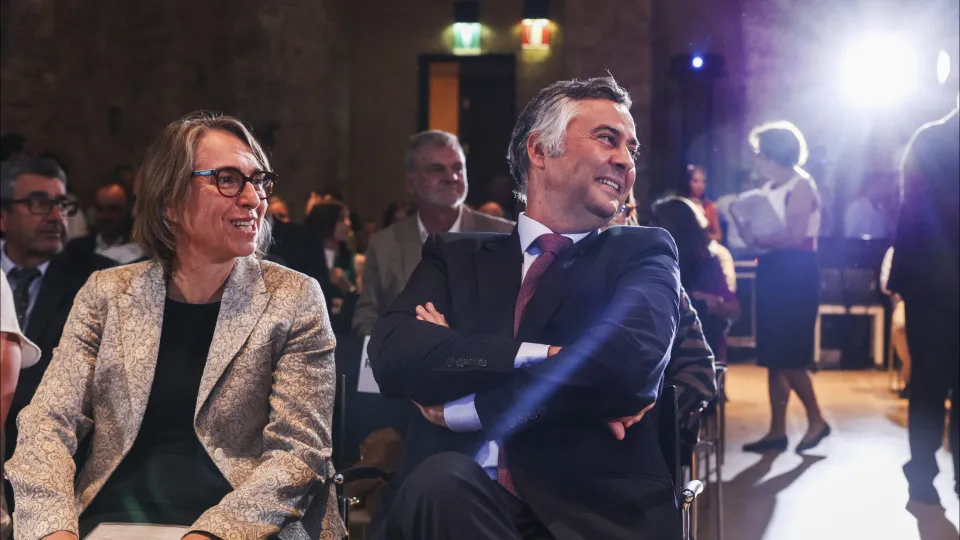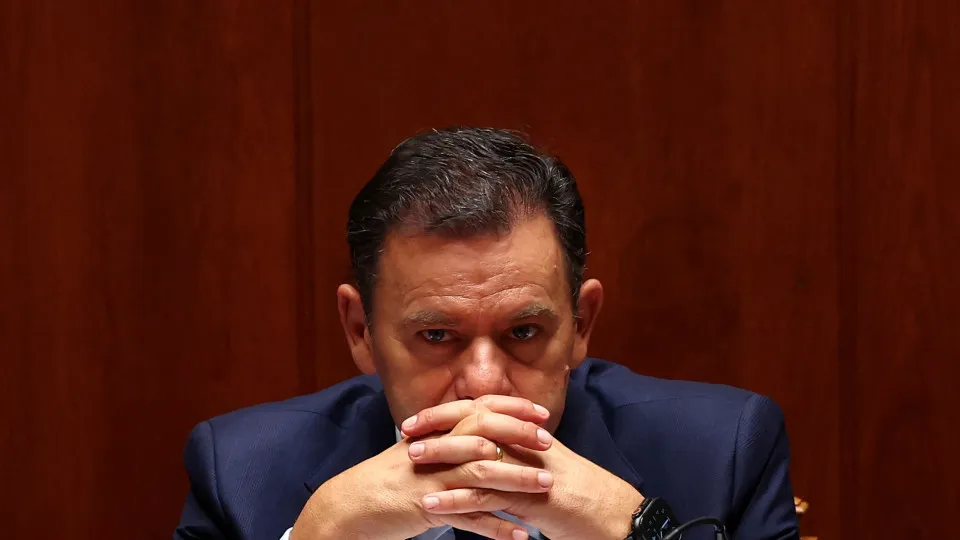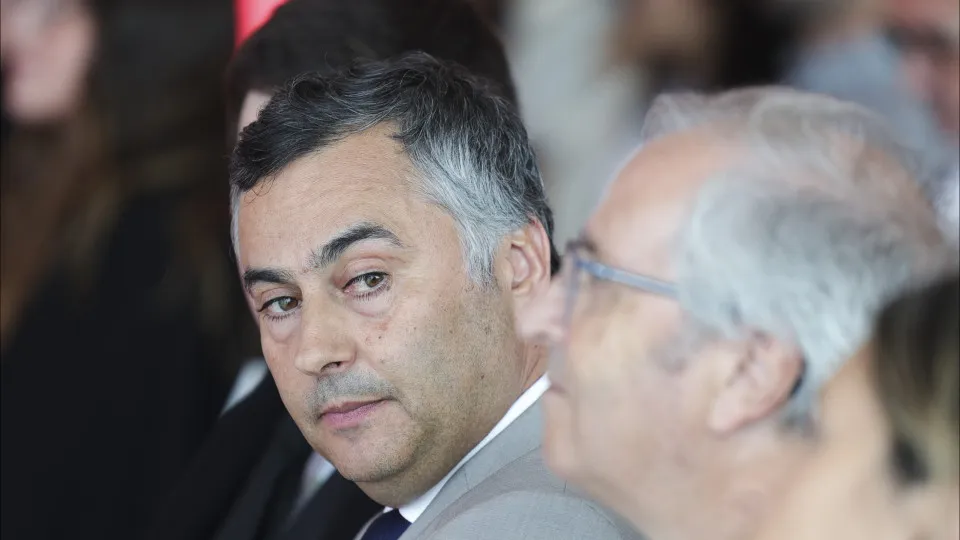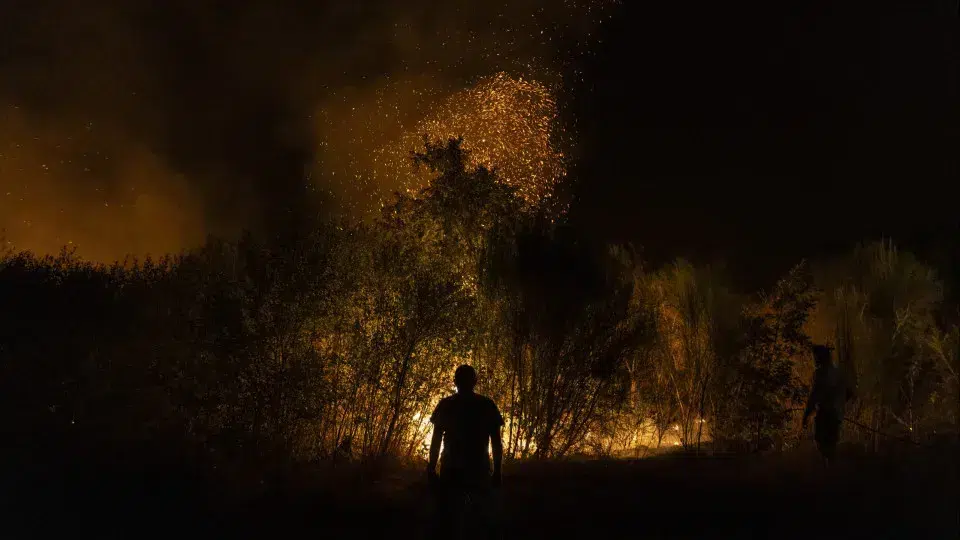
“We are working to ensure the new school year starts with maximum normality. Last year it happened, and I am certain this year it will happen as well,” stated Fernando Alexandre, speaking to journalists on the sidelines of the presentation session of the final report on the evaluation study of the social action system in higher education, held at Teatro Thalia in Lisbon.
When questioned about the shortage of teachers approximately two weeks before the school year begins, which starts between September 11 and 15, the Minister of Education, Science and Innovation acknowledged that it is not possible “to solve the structural problems that have persisted for many years.”
Without giving precise numbers, as the hiring processes for teachers are ongoing, he stated that classes will start for some students with certain gaps.
“Our battle, in this initial phase, as we ensure more teacher training and expand the range of teacher recruitment, is for schools to have flexibility and additional tools to address these short-term shortages,” he mentioned.
Last week, schools still had about three thousand teaching hours to fill, and the Government announced the opening of an extraordinary competition with nearly 1,800 binding vacancies in areas facing the greatest difficulty in attracting teachers.
Meanwhile, recruitment reserves continue, allowing schools to hire more teachers weekly, with directors also having the option to resort to school hiring.
According to the minister, the results of the extraordinary competition are expected to be announced in November.
“Only when the classes begin will we make the first assessment of this entire placement process because there are vacancies that are not filled, but hundreds of vacancies will be filled in the coming weeks,” he said.
Fernando Alexandre was also asked about the new essential learnings in the Citizenship and Development subject, whose final version was sent to schools on Monday, with schools having until the Christmas holidays to develop their Citizenship Education strategies.
“For the first time, we will have a Citizenship course that is structured and, with teacher training, will effectively achieve the goal for which it was created, which is to contribute to better citizenship education,” affirmed the minister, noting that the contributions received during the public consultation helped “greatly improve the document.”
Without significant changes to the document that was under public consultation, the final version clarifies some concepts, which gain more emphasis, addressing some criticisms, especially in the area of Sexual Education and sexuality, concepts omitted in the previous version and that Fernando Alexandre says are now more explicitly addressed.




